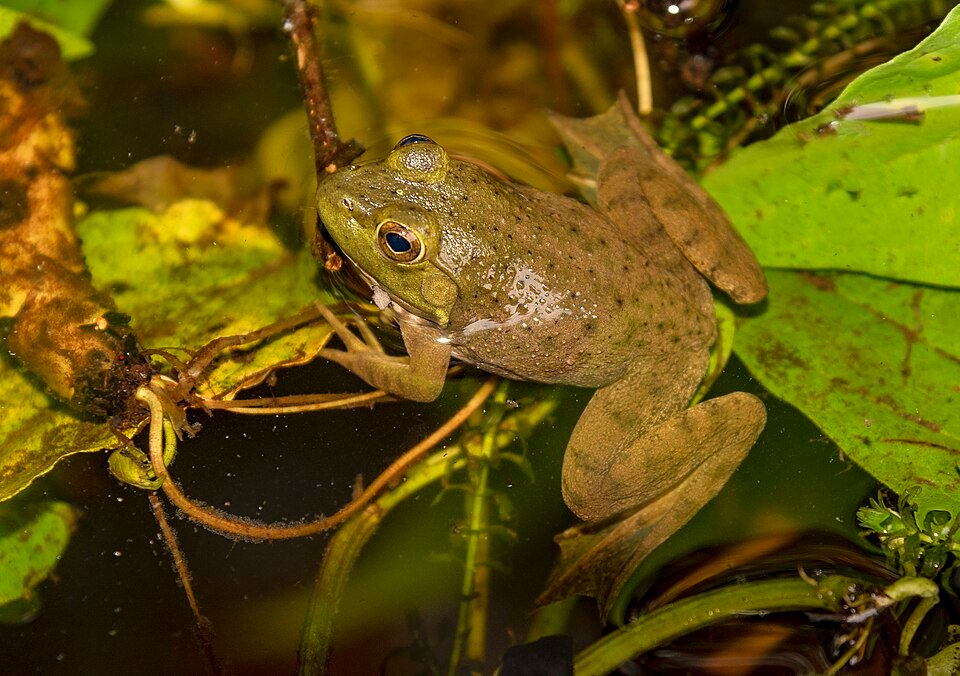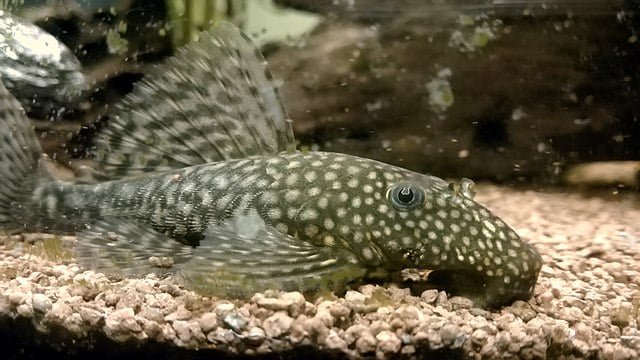The American Fisheries Society (AFS) supports responsible and humane production of fish in aquaculture facilities. Yesterday, the nonprofit Washington, D.C.-based organization, Compassion Over Killing, released a video of an aquaculture farm that depicts disturbing images that are not in keeping with best practices in fish handling. The conditions in the facility in the video are inconsistent with operations of the vast majority of U.S. aquaculture facilities.
As a practical matter, fish grow faster and more efficiently and yield better quality seafood when they have clean water, nourishing feed, and are reared with care. Generally, aquaculture facilities rear fish under these conditions as it makes good economic sense to operate in this manner.
Despite the best efforts of fish farmers, not all fish will thrive in an aquaculture facility. As part of proper animal husbandry, fish are proactively treated with vaccinations to prevent disease and losses and antibiotics are used under strict protocols and only when necessary to speed recovery from illness and disease. Fish that cannot survive and compete for food are culled from the stock and should be dispatched in a manner that is quick and immediately renders them unconscious. The treatment of the animals in the video is inconsistent with proper fish handling protocols.
AFS is the world’s oldest and largest organization dedicated to strengthening the fisheries profession, advancing fisheries science, and conserving fisheries resources. The Fish Culture Section of AFS represents 427 aquaculture professionals and is concerned with advancing cultivation technology of aquatic organisms for food, commercial and recreational fisheries enhancement, ornamental purposes, and conservation.
Editor at the digital magazine AquaHoy. He holds a degree in Aquaculture Biology from the National University of Santa (UNS) and a Master’s degree in Science and Innovation Management from the Polytechnic University of Valencia, with postgraduate diplomas in Business Innovation and Innovation Management. He possesses extensive experience in the aquaculture and fisheries sector, having led the Fisheries Innovation Unit of the National Program for Innovation in Fisheries and Aquaculture (PNIPA). He has served as a senior consultant in technology watch, an innovation project formulator and advisor, and a lecturer at UNS. He is a member of the Peruvian College of Biologists and was recognized by the World Aquaculture Society (WAS) in 2016 for his contribution to aquaculture.







